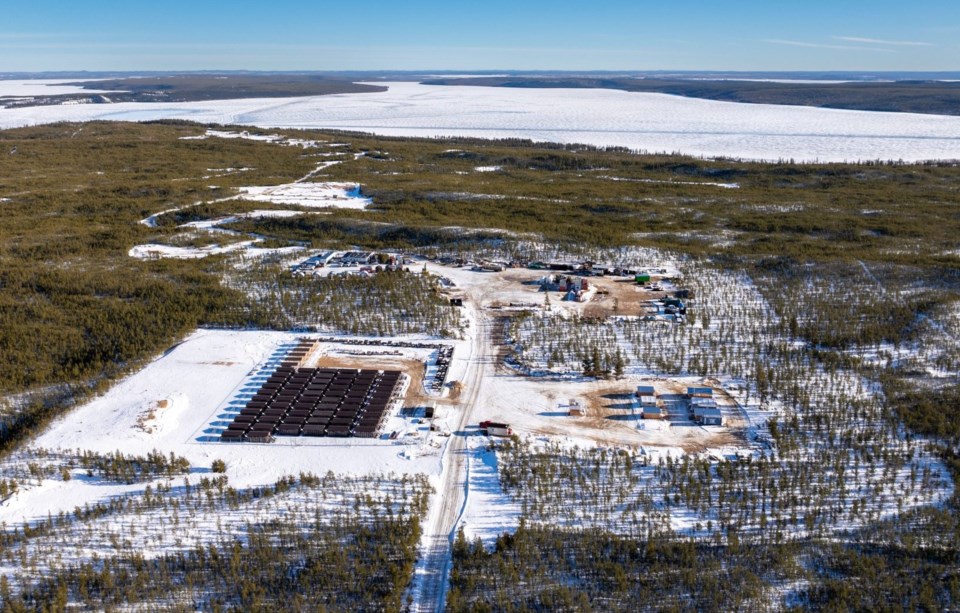With political leaders across Canada having Road To Damascus conversions on the importance of energy and resource security and self-reliance – epiphanies triggered in no small part by Donald Trump’s threat of tariffs and trade war – the Surrey Board of Trade is seizing the moment and renewing its call on the provincial government to end its moratorium on thorium and uranium.
B.C.’s long-standing anti-nuclear policies don’t just forbid the use of nuclear power in B.C. – it also forbids the mining and exploration sector from even looking for nuclear power fuels – uranium and thorium.
A seven-year ban on thorium and uranium exploration was implemented in 1980 by the Bill Bennett Social Credit government and renewed in 2009 under the Gordon Campbell Liberal government – a move that ended up costing taxpayers millions in compensation to companies that had exploration licences expropriated.
In 2011, The B.C. government paid Boss Power $30 million in an out-of-court settlement, after the company sued for having its exploration claims essentially expropriated because of the moratorium.
The Surrey Board of Trade and others, including the BC Chamber of Commerce, have issued calls for the moratorium to be lifted in recent years, noting that uranium is on Canada's critical minerals list. Both uranium and thorium can be used to generate nuclear power, though to date no commercial scale thorium reactors have been built.
The Surrey Board of Trade, which has "many mining and mining association members," today renewed it call for an end to the exploration moratorium
“The B.C. government’s commitment to accelerating renewable energy projects is a step in the right direction,” SBOT spokesman Jasroop Gosal said in a news release. “However, uranium and thorium exploration must also be considered to ensure a diversified and stable clean energy future for B.C.”
SBOT points to recent announcement by the provincial government to streamline permitting for a host of energy and resource projects.
“While renewables are essential, uranium and thorium offer another crucial low-carbon energy solution,” SBOT says. “Canada is already the world’s second-largest producer of uranium, with provinces like Ontario and Quebec benefiting from its economic potential. With nuclear energy playing a key role in global carbon reduction strategies, B.C. should position itself as a leader in supplying the necessary resources.
“B.C. has an opportunity to strengthen its clean energy leadership by removing outdated barriers to uranium and thorium exploration. This would drive economic growth and contribute to a resilient, low-carbon energy mix.”
Because of the moratorium on exploration, it's not clear whether B.C. even has any uranium or thorium deposits worth developing. Saskatchewan remains Canada's largest source of uranium.
Just before Christmas, Kelowna’s Fission Uranium Corp., which has a uranium development project in Saskatchewan, was acquired by Australia's Paladin Energy for $1.14 billion.




